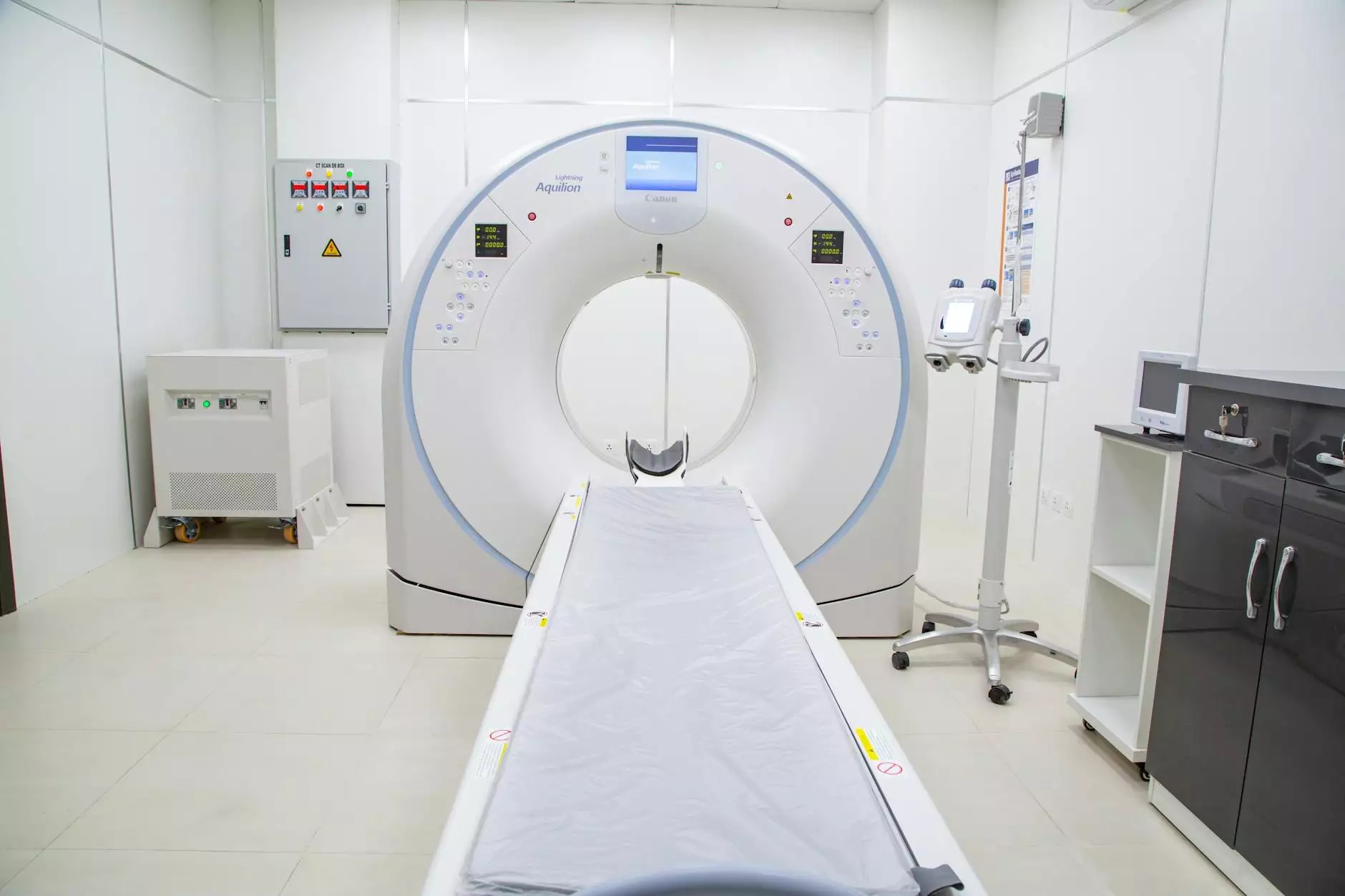Understanding Hair Transplant Hospitals: Unveiling the Path to Full, Vibrant Hair

Hair loss is a common concern that affects millions of people worldwide. With advancements in medical technology, the solutions for restoring hair have become more effective and accessible. One of the premier solutions available today is through esteemed hair transplant hospitals. This article explores what hair transplant hospitals offer, how they function, and the life-changing benefits they provide.
The Growing Need for Hair Restoration
In today’s image-conscious society, the appearance of one’s hair can impact personal and professional lives significantly. Factors leading to hair loss can include:
- Genetics: Hereditary conditions such as male or female pattern baldness are common.
- Hormonal changes: Conditions like pregnancy or menopause can lead to hair loss.
- Medical conditions: Issues like thyroid disease, alopecia areata, and scalp infections can contribute to hair thinning.
- Stress: High stress levels can result in temporary or long-term hair loss.
- Poor nutrition: A lack of essential vitamins and minerals can weaken hair follicles.
Given this, it is no surprise that more individuals are turning towards specialized centers for assistance. Hair transplant hospitals emerge as dedicated spaces where skilled professionals leverage technology to restore lost hair.
What is a Hair Transplant Hospital?
A hair transplant hospital is a specialized medical facility focused on diagnosing and treating hair loss through advanced procedures. These hospitals typically feature comprehensive clinics with experienced surgeons, dermatologists, and support staff who are well-versed in the latest hair restoration techniques.
Services Offered at Hair Transplant Hospitals
The core offering of a hair transplant hospital revolves around two main procedures:
1. Follicular Unit Transplantation (FUT)
FUT involves removing rectangular sections of skin containing hair follicles from a donor site (usually at the back of the head) and transplanting them to the balding areas. This method is known for its efficiency in the number of grafts harvested.
2. Follicular Unit Extraction (FUE)
FUE is a less invasive technique that involves harvesting individual hair follicles from the scalp and transplanting them to the thinning or balding areas. This method leaves minimal scarring and allows for a quicker recovery.
Additional Treatments
Aside from surgical methods, hair transplant hospitals may offer various complementary treatments, including:
- Platelet-Rich Plasma (PRP) Therapy: A non-surgical treatment where a patient’s own blood is processed to extract growth factors to stimulate hair follicles.
- Laser Therapy: Low-level laser therapy helps improve blood circulation and encourage hair regrowth.
- Medication: Prescriptions for topical treatments or oral medications may be provided to support hair health.
Why Choose a Specialized Hair Transplant Hospital?
Opting for a specialized hair transplant hospital ensures that patients receive the utmost care tailored to their unique hair loss situation. Here are some compelling reasons to choose a dedicated facility:
1. Skilled Healthcare Professionals
At a reputable hair transplant hospital, clients can expect to work alongside certified and experienced professionals in the field of hair restoration. This expertise is critical for achieving optimal results and minimizing risks associated with the procedures.
2. Advanced Technology
Leading hair transplant hospitals are equipped with state-of-the-art technology, enabling them to carry out procedures with precision. Technologies such as robotic hair transplants have emerged, representing the cutting edge of hair restoration.
3. Comprehensive Pre- and Post-Operative Care
A detailed consultation process helps evaluate the individual’s suitability for various procedures, and thorough post-operative care ensures optimal recovery. Hospitals often have systems in place to monitor recovery and manage expectations.
4. Focus on Aesthetic Outcomes
Successful hair restoration is not merely about regrowth but also about aesthetics. Specialists at hair transplant hospitals have a keen eye for design and can tailor the results to fit the patient’s facial structure and personal preferences.
The Process of Getting a Hair Transplant
Understanding the steps involved in the hair transplant process can help alleviate concerns and prepare future patients for what to expect.
Initial Consultation
The journey begins with a consultation where a hair restoration specialist will:
- Evaluate the patient’s hair loss pattern.
- Discuss medical history and expectations.
- Provide personalized treatment options based on the current condition.
Preparing for Surgery
Once a treatment plan is established, the hospital will provide pre-operative instructions that may include:
- Avoiding blood-thinning medications.
- Stopping smoking and alcohol consumption.
- Maintaining a healthy diet leading up to the procedure.
Day of the Procedure
On the day of the transplant, patients can expect the following:
- Arrival at the hospital for pre-surgery preparations.
- Administration of local anesthesia to numb the scalp.
- Execution of the chosen hair transplant method (FUT or FUE).
- Rest and monitoring following the procedure to ensure immediate recovery.
Post-Operative Care and Follow-Up
After the procedure, patients will receive:
- Guidelines for care, including washing and caring for the transplant site.
- Follow-up appointments for monitoring hair growth and any potential side effects.
- Support for managing expectations about the results.
Benefits of Choosing a Reputable Hair Transplant Hospital
Selecting a high-quality hair transplant hospital can lead to numerous benefits, including:
1. Natural-Looking Results
Expert surgeons focus on placing hair follicles in a manner that resembles natural hair growth, which often leads to results that are indistinguishable from one’s original hair.
2. Psychological Boost
Many patients report improved self-esteem and confidence following hair restoration, particularly in social and professional settings.
3. Long-Term Solutions
Unlike temporary hair restoration methods, hair transplants provide a more permanent solution to hair loss because the transplanted hair follicles continue to grow naturally.
4. Customization
Each procedure is tailored to meet individual needs, resulting in unique solutions specific to each patient's hair loss pattern and personal style.
Understanding Costs and Financing Options
While the price of hair transplants can vary significantly based on factors such as:
- The location of the hospital.
- The expertise of the surgical team.
- The complexity of the procedure.
It is important to remember that many hair transplant hospitals offer financing options and payment plans to help patients manage costs. Most facilities will provide transparent pricing during the initial consultation, allowing for budgetary considerations to be part of the planning process.
Conclusion: A Life-Changing Decision
Choosing to undergo a hair transplant can be a pivotal decision in one's life. With the extensive advancements in hair restoration techniques and the abundance of resources available through hair transplant hospitals, individuals can now reclaim their hair and, consequently, their confidence. By understanding the comprehensive services offered, the meticulous processes involved, and the striking benefits you stand to gain, you are well on your way to making an informed decision about your journey to fuller hair.
Remember, investing in your hair is investing in yourself, and seeking care at a reputable facility like Antalya Health can provide the support and results you desire for a brighter, more confident future.









